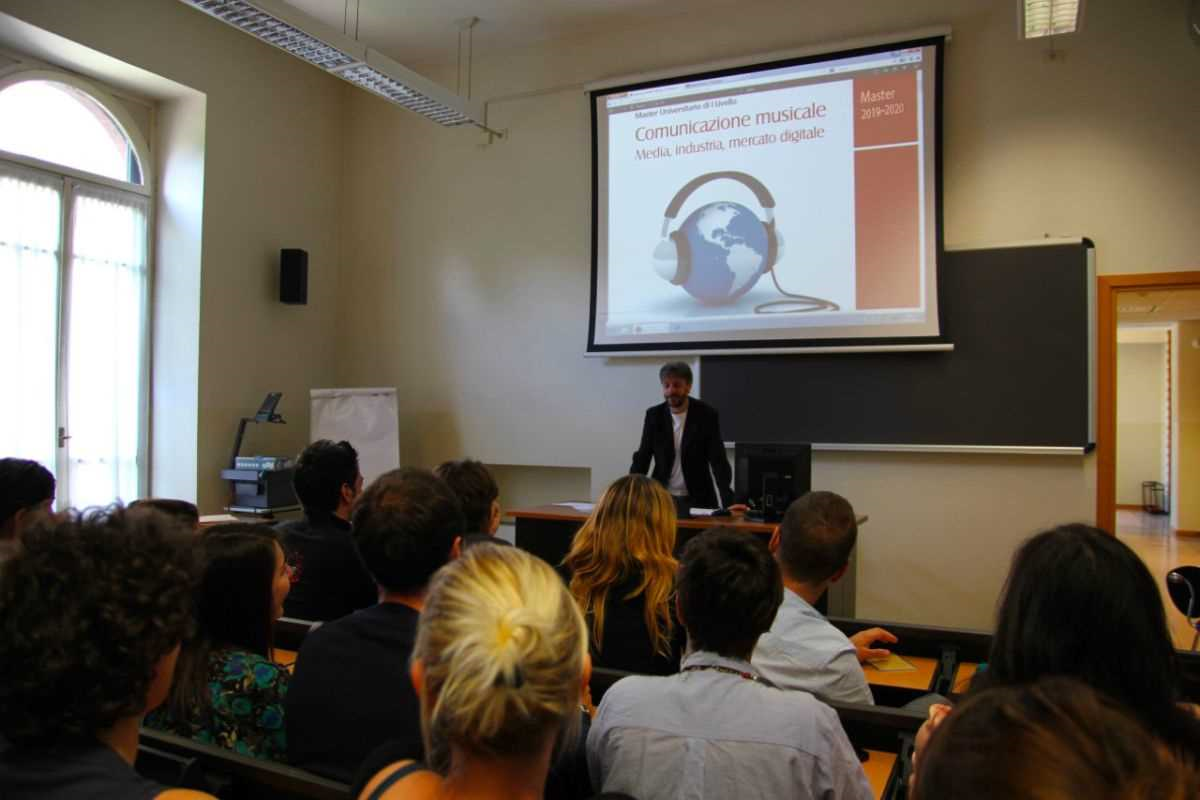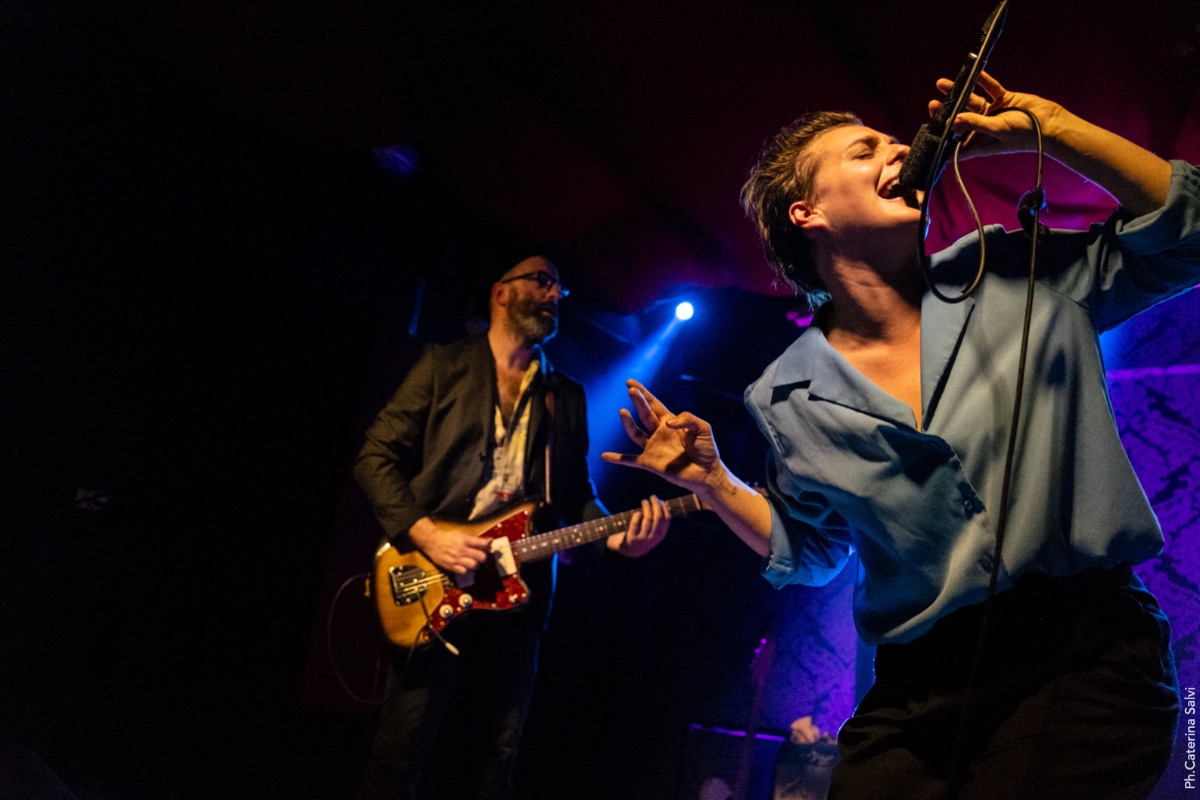Bocconi and UN join forces to regenerate cities of the future
Our cities are constantly evolving. Because of increasing populations and the challenges of climate change, urban regeneration has become an urgent necessity. In this context, Bocconi University and UN-Habitat have signed a collaboration agreement to develop new strategies and tools to transform our cities into more livable and sustainable places.
The collaboration will be driven by the Sustainable Urban Regeneration Lab (SUR Lab) at Bocconi, which will work closely with UN-Habitat to define methodologies, guidelines, and indicators for evaluating the social, environmental, and economic impact of urban regeneration projects.
“We aim to jointly develop policies, business models, and innovative approaches for sustainable urban regeneration,” said Edoardo Croci, director of the SUR Lab.
Bocconi and UN-Habitat’s collaboration will focus on social inclusion and climate action to ensure that the benefits of urban regeneration are equitably distributed and to make cities more resilient to climate change.
One of the early initiatives resulting from this collaboration will be the presentation of an Atlas of cases and best practices in urban regeneration at the World Urban Forum in Cairo. This tool will be a reference point for professionals, policymakers, and citizens interested in learning about the most innovative experiences in the sector.
Bocconi University reaffirms its commitment to research and innovation for sustainable urban development thanks to this agreement. The SUR Lab, with its expertise and international collaborations, is ready to play a vital role in transforming our cities.
Led by Edoardo Croci and managed by a group of interdisciplinary researchers, the SUR Lab was founded in 2021 to develop and disseminate knowledge, methods, and best practices on sustainable urban regeneration processes and how they generate value for the private sector and society. This means evaluating the main drivers of sustainable urban regeneration projects and considering their impact on the environment, the economy, and culture. SUR Lab is supported by Hines, Intesa Sanpaolo, MilanoSesto, and Prelios.














